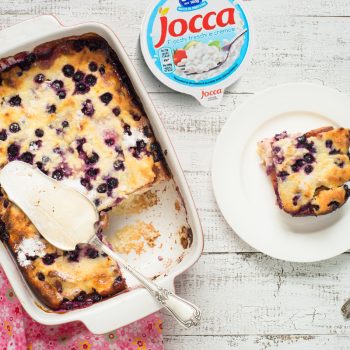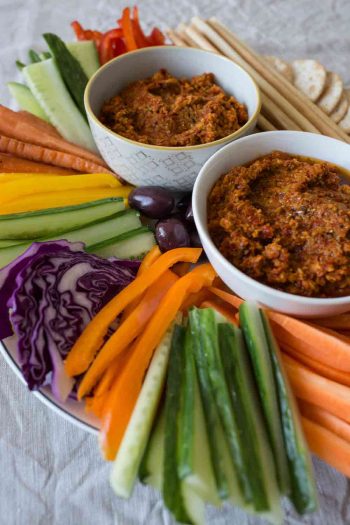Food is such a precious commodity; none of us want to waste it. We buy food with good intentions, yet we get over-excited by good offers. The world today is filled with both those who suffer from hunger and those who are obese.
Why do we let food go to waste?
It is not intentional: waste is a habit. We live in a culture of abundance. Over the last 30 years, food has become cheap and plentiful, so much so, that it does not seem to bother us when we waste it. We simply have too much of it and it is developed countries that waste the most food.
Best before dates and expiry dates. We are too concerned with best before dates and may discard food when it is still good to consume. On the other hand, sometimes food does not last as long as recommended from some shops. In a country with a warm climate such as ours, if food is not stored immediately upon arrival and at the right temperature, it will not last as long as it should.
One third of food produced each year is wasted. This is not just the food that we bring into our homes. A large percentage of food waste occurs before the food even gets to the consumer: some of it does not make it out of the farmers' fields! It is wasted before it even reaches the food stores. Food is also lost in packaging and processing and through retailers and the food service industry: producers throw out food because it is not visually perfect and most consumers demand to see perfection.
Reducing the production of food at an earlier stage of the food chain may be one of the answers. It is a great idea to find solutions for companies to donate perfectly good-to-eat food to the homeless or needy. This needs to be organised in such a way so that those who are making donations are not in fear of being held liable to anyone receiving this food as it is being given with all good intentions, and also to make it economically viable for them. This will also provide another solution to avoid the land fill and divert food from that direction.
How do we store food properly in the fridge and freezers?
We store our left overs in the freezer but we keep buying fresh food and then we are vague about what lies at the bottom, especially if we make use of a chest freezer.
It is so hard to identify what we have stored in our freezer, especially if it is not clearly labelled. I have spoken with a number of local families and, although they try their best not to have any wastage from left overs, they like to freeze their food and find that they still end up throwing most of it out after a few months as they are unable to identify it.
We must not allow food to languish in the fridge. And if we are in need of purchasing a new freezer, an upright one is ideal for domestic use; let us leave the chest freezers for commercial use where they are so useful.
Planning, planning and more planning
Plan when shopping: check best before dates and expiry dates. Set your fridge between 0 C and 5 C to preserve food for longer.
Cook with economy: calculate quantities to avoid to much left-overs. We should serve individual portions that are realistic so that there is less waste on each plate.
Be creative when using leftovers:
- Poultry carcasses can be used to make risottos.
- Bread can be turned into breadcrumbs and frozen until they are needed; breadcrumbs can top meals and give a crunchy and a golden finish to ordinary dishes. Toasted stale bread is delicious topped with olive oil and garlic and used as croutons or with dips.
And some simple tricks when cooking goes wrong!
If you over-spice your food, if you add too much salt... by adding a simple potato to your dish, it will absorb the extra saltiness, extra spice.
If you burn your casserole, transfer the content into a clean pan, reheat gently whilst adding a whole peeled potato.
Gratitude for food
Food food human consumption requires land, labour, water and energy to grow it... let's not waste it!
How do you feel about this article? Are you guilty of wasting food? Will you be taking in these suggestions to avoid wasting food? If you would like to receive more of this kind of content, do share, rate and comment on this post.



















